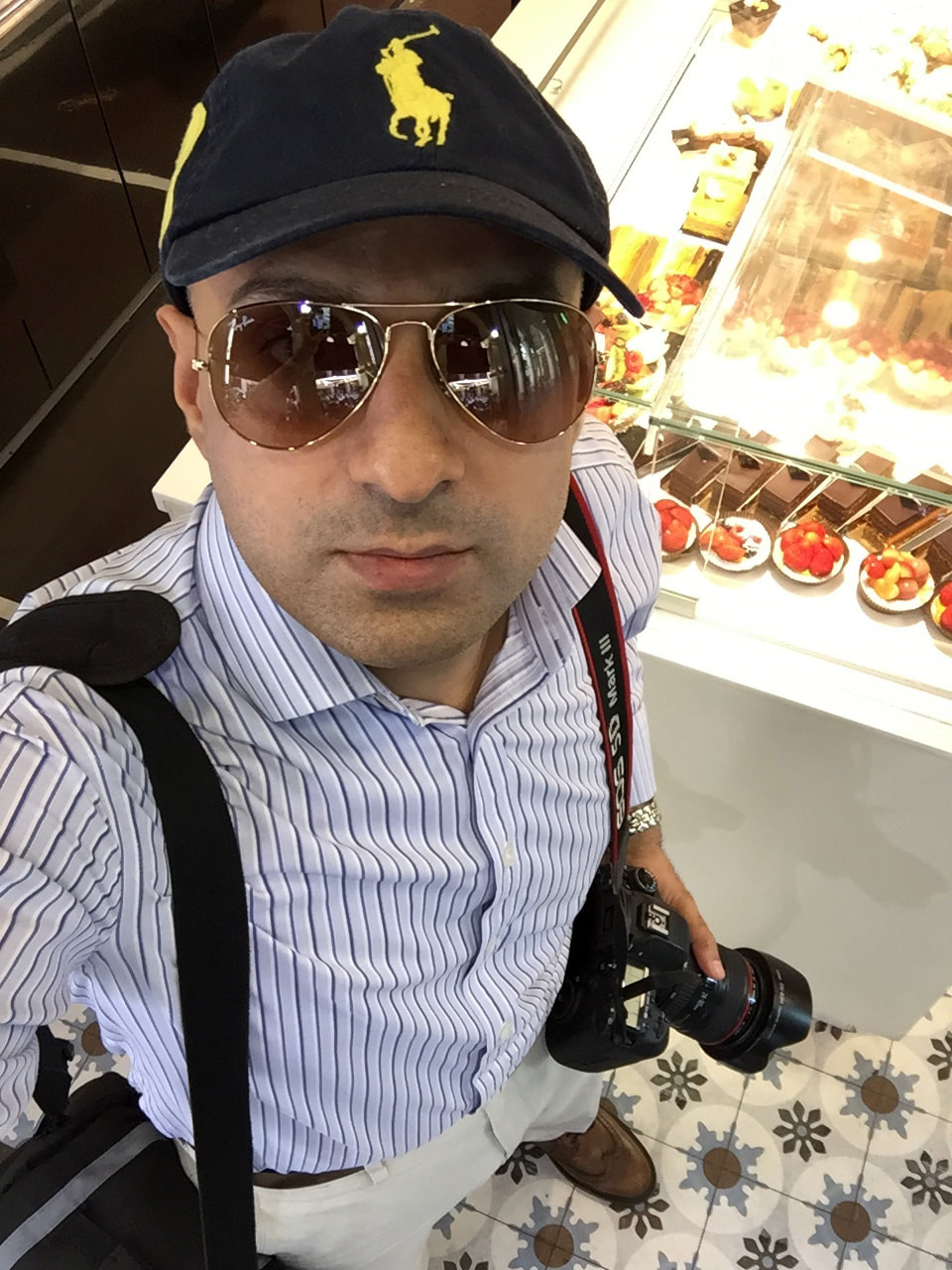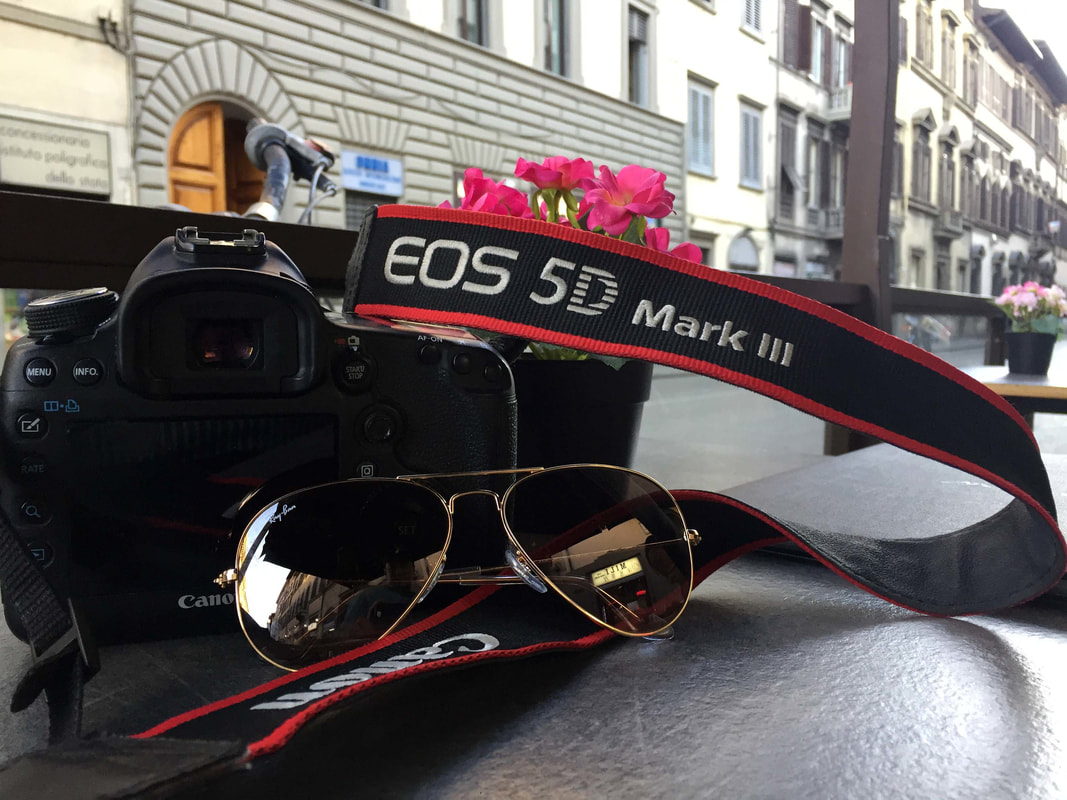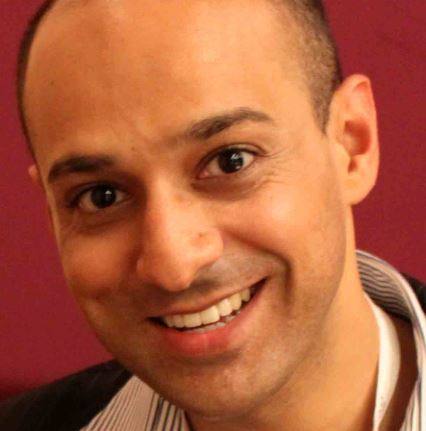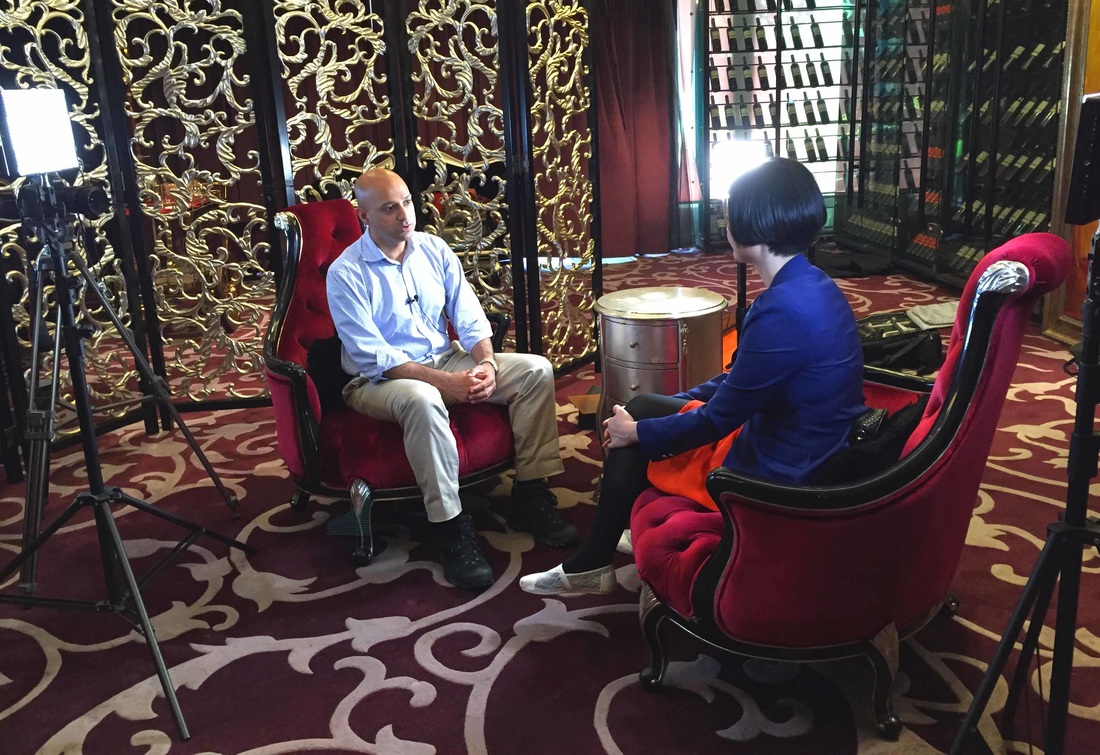|
I fondly recall taking part in the dragon boat race this time last year in Shanghai, of which our super team was beaten into 2nd place by less than only 2 seconds! As captain, I was gifted with a superb team who excelled in all departments of organization, structure, and perfect motion of the oars with great timing. A fantastic team, along with perfect weather conditions helped us to become (almost) winners of the tournament. This year, though I will not be taking part in any dragon boat race, I will, however be watching a few races at the Zhujiang River (Pearl River) in Guangzhou. The Dragon Boat Festival is a lunar holiday, occurring on the fifth day of the fifth lunar month. The Chinese Dragon Boat Festival is a significant holiday celebrated in China, and the one with the longest history. The Dragon Boat Festival is celebrated by boat races in the shape of dragons. Competing teams row their boats forward to a drumbeat racing to reach the finish end first. The boat races during the Dragon Boat Festival are traditional customs to attempts to rescue the loyal Chinese poet Chu Yuan. Chu Yuan drowned on the fifth day of the fifth lunar month in 277 B.C. Chinese citizens now throw bamboo leaves filled with cooked rice into the water. Therefore the fish could eat the rice rather than the hero poet. This later on turned into the custom of eating tzungtzu, and rice dumplings (known as 'zhongzhi'). Chinese people normally have 3 days off work. So this year the 22nd, 23rd and 24th will be national holidays for all mainland Chinese people. In Guangzhou, a race was organized in the Lizhiwan area of the city. Lizhiwan looks rather like Guangzhou’s equivalent of Amsterdam with boats navigating through the 743 meter-long waterway from Shamian Island to Liwan Lake. With lush greenery, numerous shops selling all kinds of traditional Cantonese food and period style buildings there is no better way to spend your day off. The one thing that does catch ones eye is the sensational ancient buildings with colonial style architecture that lie right next to rather traditional Cantonese architectural styled buildings. There is the amazing Wen Tower, a hexagonal designed pagoda style tower that gives a glimpse of the old style buildings. While in contrast there is the Chen Lianbo Residence, a typical Canton building from the 1920s colonial era. Some people also pay a visit to their local temple to pay respects to Buddha or Guangyi. The celebration is a time for protection from evil and disease for the rest of the year. It is done so by different practices such as hanging healthy herbs on the front door, drinking nutritious concoctions, and displaying portraits of evil's nemesis, Chung Kuei. Now, supposedly, if one manages to stand an egg on its end at exactly 12:00 noon, the following year will be a lucky one. Maybe I will try to do that this year and see if the following year will bring me good luck. On the other hand, no matter what, everyday is blessing from god. Because China is such an enormous and complex country, therefore moving to a new city in China can be described as an experience similar to that of moving to a new country (even if those two cities are within the same province). This means when you relocate your life from one city to another city in China then you will most likely have to:
1) get a new mobile phone number, 2) apply for a new bank account, 3) re-register with the local police as a foreigner, 4) get accustomed to the culture, and language of the new city 5) get used to the local food 6) get used to the business culture as well as the people’s culture From my first three weeks in Guangzhou, what I have come to realise is that generally in the south region there is no real sense of urgency in everything the local people do- and I mean EVERYTHING. The first impression of this is clearly visible as one arrives at the city’s airport. The ever-slow paced queue at the arrivals taxi stand seems to go on for as far as the eye can see. Other examples include the laid-back approach displayed by the staff at local banks, and even mobile phone shops, and waitresses at restaurants taking forever to deliver your dishes. Despite being in Guangzhou for such a short time, I have also happened to experience two separate cases of theft in such a short time. The first case involves identity theft. I relocated from Suzhou to Guangzhou, which is a journey of around two and a half hours by plane. When I left my apartment in Suzhou, I forgot to deactivate my internet account, and I forgot to deactivate my mobile phone account for Suzhou too. Once I got to Guangzhou, I called the service provider (China Mobile), and asked them to deactivate my Suzhou internet account. To my frustration, they told me that I have to physically go back to the branch outlet where I originally signed up for the internet account to be able to permanently deactivate the account. That meant that I would have had to take at least a day (make that two days just in case of flight delays, etc.) to go back to Suzhou just to close an internet and mobile phone accounts. Now, to make matters worse, the person who moved into my home in Suzhou started using the internet for free under my account because it was still open. He even started using mu mobile phone number (by claiming to be me!). The only solution for this dilemma was for me to change my password for both my internet account and also my mobile phone number, and until I returned to Suzhou I could not close both accounts down (and I have no idea when I'll return to Suzhou). The second case happened on the ground here in Guangzhou. This Cantonese city, in my experience, being a 2nd tier Chinese city, also comes across as a riskier place compared to the westernised cities such as Shanghai and Beijing. Good people and bad people reside everywhere; however, that risk of bumping into certain troubles tends to become more apparent in slightly deprived areas of any city in any part of the world. Guangzhou is no exception to this. What I experienced yesterday was nothing short of stuff compared to classic Hong Kong movies (without being stereotypically negative here). I was in a coffee shop in Panyu in the southeast part of Guangzhou. My intention was to have a nice cup of coffee and make my way to the local bank so I could open a new Guangzhou bank account. As I left my laptop bag on a chair, and made my way to the counter to pay for my coffee a young man calmly picked up my laptop bag and left the coffee shop. My immediate reaction on realising the theft of my bag was of shock and anger with myself of leaving it on the chair (even for less than a minute). I called 110 for the police, and at the same time questioned the shop staff on why they did not stop the man. Their response was that because the man left the shop so calmly, they thought he was my friend. The most worrying thing for me was not losing my laptop or passport as those could easily be replaced with new ones, but of losing my precious photos, and all the articles I had written (including the manuscript for the 2nd edition of my first book on China). Even my backup USB drive was in the bag. In the 5 hours of drama that followed, remarkably the thief called me back (he found my number on a document inside my bag), and asked for 200,000 yuan in ransom (approx. £20,200 GBP). To cut the story short, eventually I had agreed to go with at least 10 undercover police officers to a specified location on the outskirts of Guangzhou with 'fake money'. The plan was to hand over the ‘fake money’ to the culprit, and at that moment, the plain clothed police officers would jump in to arrest him by surprise. I did manage to tell the thief (through a translator who could speak Cantonese), not to erase any of the data from the laptop as that meant a lot to me. As we made our way to the undisclosed location in a disused industrial area of Guangzhou, we got news that the unarmed man had turned himself into a local police. Thankfully, all of my belongings were returned in one piece (including my passport, house keys, credit cards, and around 1,000 yuan of cash). It could easily have turned ugly. While being interrogated, the man claimed to be mentally ill (he showed the police a doctor’s note), and claimed he was not aware of what he was doing. With tears rolling down his face he apologised to me. It's perhaps a relief that I got everything in one piece but shockingly according to Chinese law, if someone is mentally ill then they cannot be charged for any crime no matter how serious the offense is. So effectively this man got away lightly. A journalist from the Guangzhou Yanchang Evening News accompanied me throughout the event to note it on record. He told me that only 3 weeks ago another mentally ill man beheaded his own uncle in Tian He District, but he could not be charged for the murder because he was proven to be mentally ill. Scary hey? So, thankfully it was a good conclusion, and it was nice to know so many good people were there to assist me at this difficult moment in my life. This included my colleagues, the police, and my friends who kept me company on the phone throughout the ordeal. I got my laptop back. However, most importantly I got my articles, manuscript, and precious photos back. You can bet your bottom dollar I’ll never let go of my bag next time I order a coffee (not even for a second…not in a place like Panyu). Wishing Her Majesty The Queen Elizabeth II loyal greetings, and the warmest congratulations on Her Majesty's Diamond Jubilee. The Queen is the official Head of State of the United Kingdom of Great Britain and Northern Ireland, and 15 other Commonwealth realms. The elder daughter of King George VI and Queen Elizabeth, she was born in 1926 and became Queen at the age of 25, and has reigned through six decades of enormous social change and development.
She is one of the world's longest serving Monarchs. It makes me proud to be part of the Commonwealth (along with my friends from Canada, Australia, New Zealand and many afar lands!). I fondly recall briefly meeting Her Majesty in 1996 at a musical function organised for schools in Westminster. It was a very proud moment indeed. I am in Guangzhou (China), there are a few parties have been organised by the British expat community, but of course, nothing compared to the great street parties back in the United Kingdom. The Commonwealth is a voluntary association of 54 countries (independent states), working together in the common interests of their citizens for development, democracy and peace. The Commonwealth is home to two billion citizens of all faiths and ethnicities and includes some of the world's largest, smallest, richest and poorest countries. Over half of its citizens are 25 or under. The Commonwealth is an immediate symbol of unity because it brings along a cocktail of cultures together. In my viewpoint the Queen’s Diamond Jubilee is a very proud occasion for all British people, as well as those from the Commonwealth countries. - Navjot Singh |
Get in Touch:LIFE MATTERSHere I share my thoughts
and experiences during my travels, and how some things have affected my life as an expat and world traveller. Travelling is about capturing that moment in life. Every word, view and opinion on this page is that of Navjot Singh - except where indicated. The most recent is at the top. Scroll down to read the archive. Or search using CTRL+F (COMMAND + F) and enter a keyword to search the page. Just some of the stories you never heard before. The NAVJOT-SINGH.COM web blog is separate to this web site....Click blog, which may not be visible in some countries due to local firewall restrictions, so in those cases this weblog may be read. The weblog also includes some of my press trip reports- most of which are not published on the official blog because of copyright issues. The weblog also contains articles that may be associated directly with a PR trip for a country, airline or a hotel. These are PR reviews done in relations with various companies. If you are an investor or a trend watcher then you may find this website useful as investing has a lot to do with personal observations and finding the ideal trend or next big thing. The average human on the street frequently knows far more about the state of the economy than politicians, university professors, subject matter experts, and financial analysts who seldom travel, or if they do so, only from one hotel to another hotel! The pulse and vibrancy of an economy is nowhere more visible than on a country's streets. All photos and words are © Navjot Singh unless stated. Photos taken by others or by agencies are appropriately copyrighted under the respective name. No photo or word/s may be taken without the prior written permission by the author (i.e. Navjot Singh). All Rights Reserved. Archives
April 2024
Categories
All
|
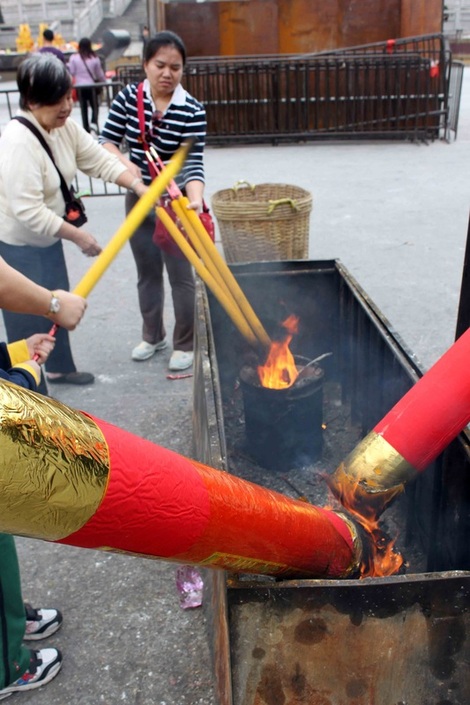
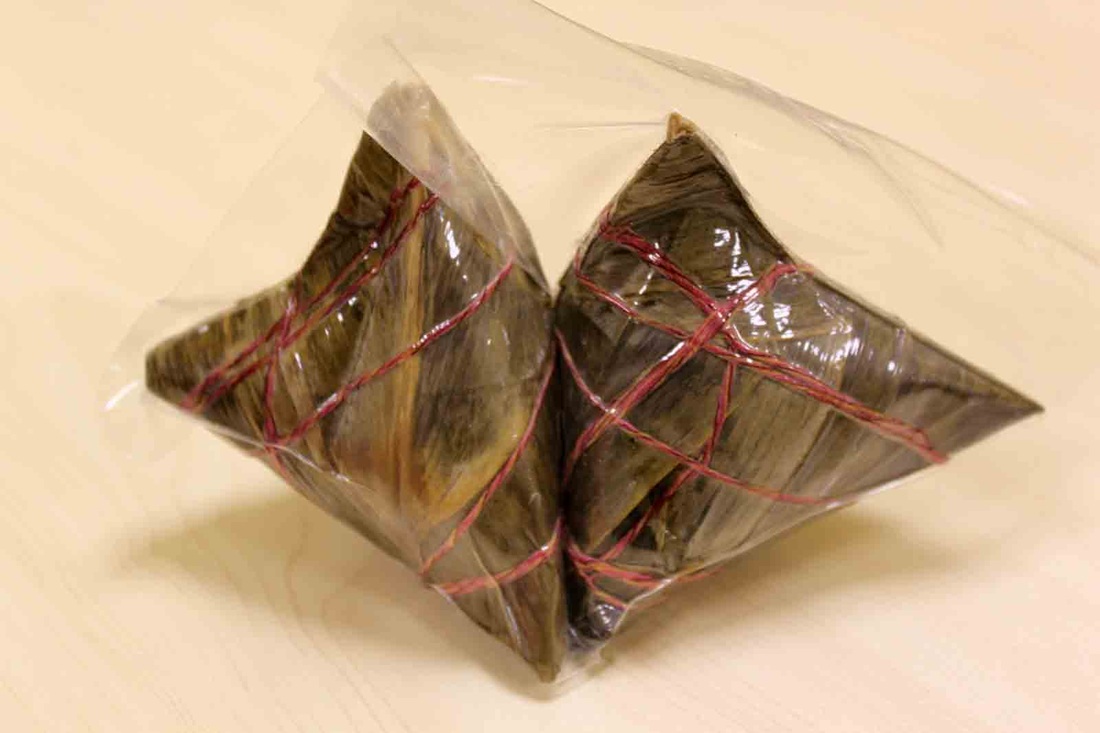
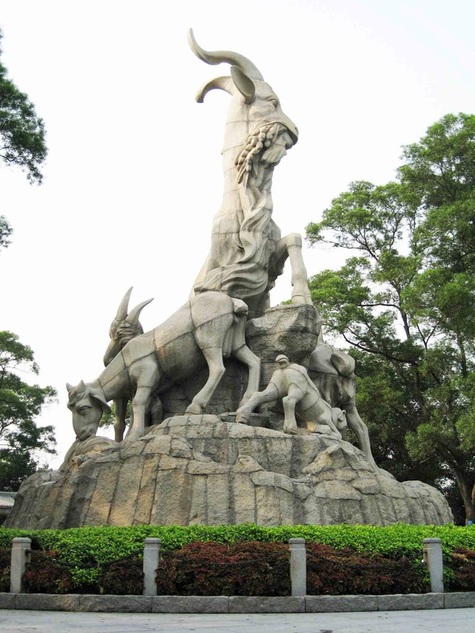
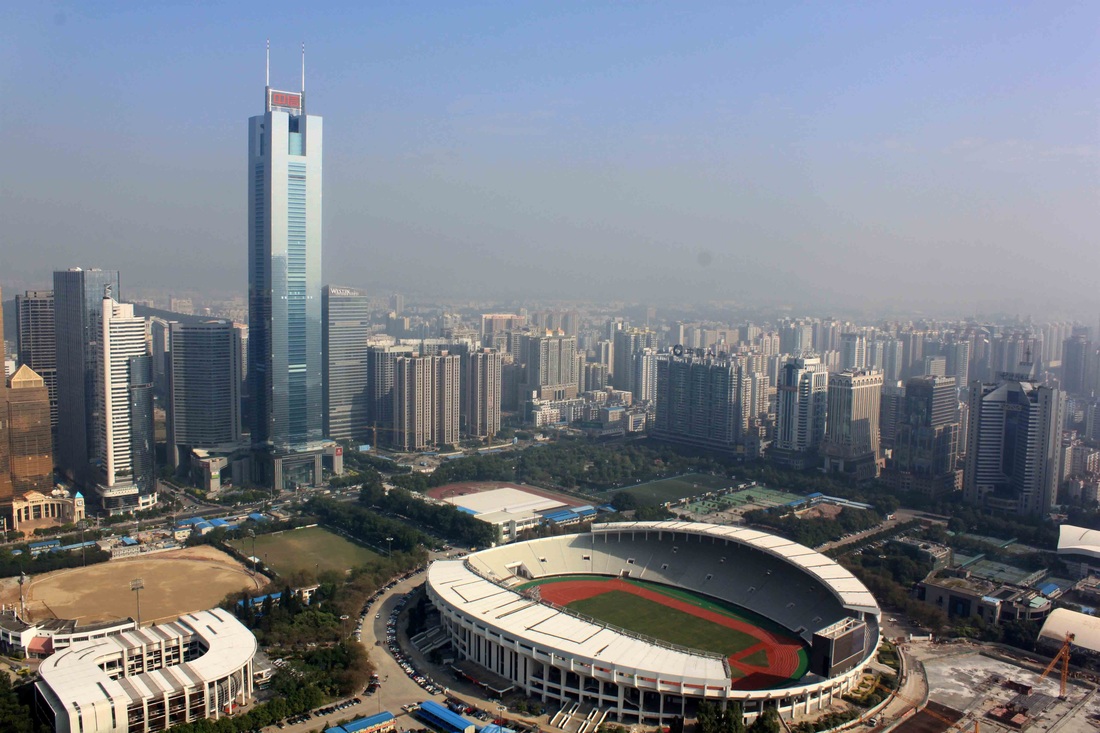
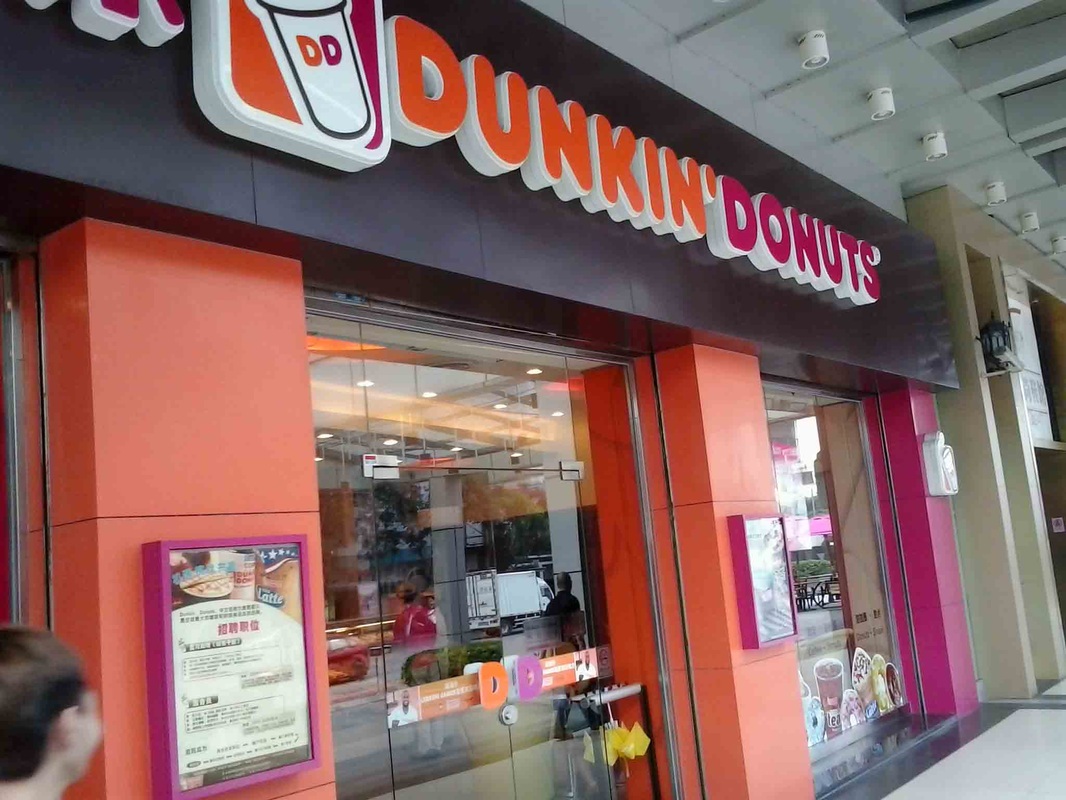
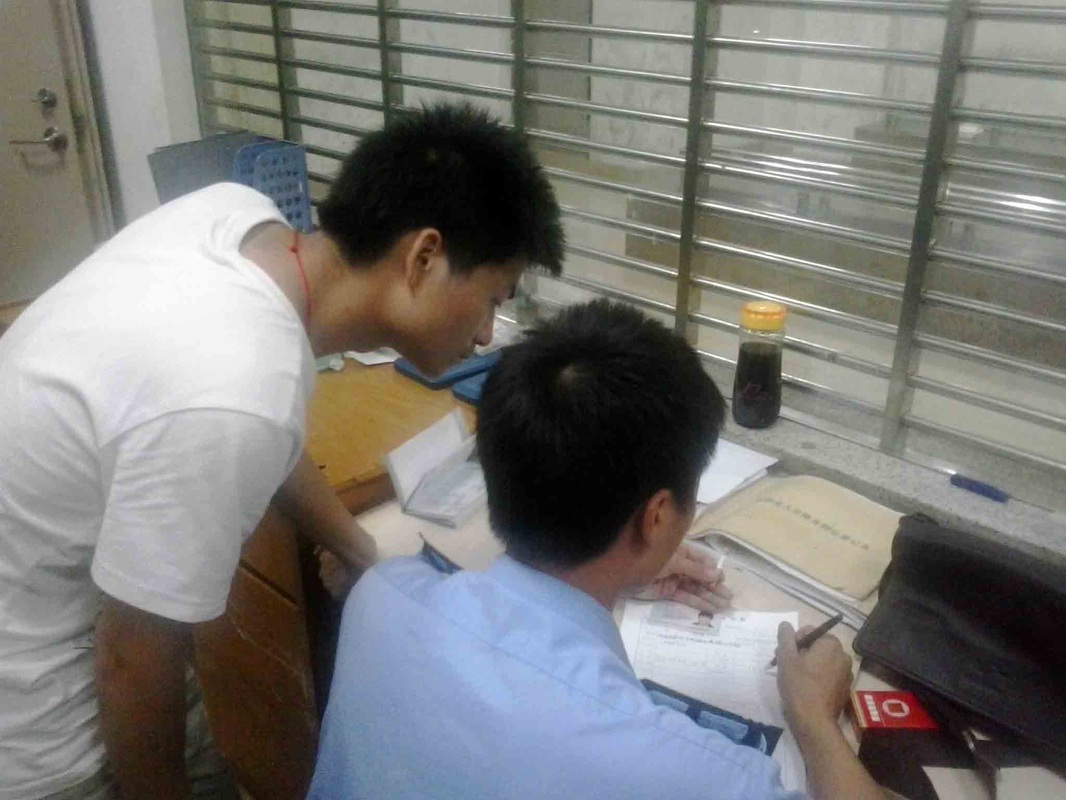
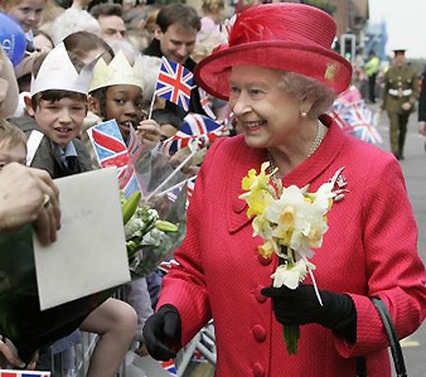
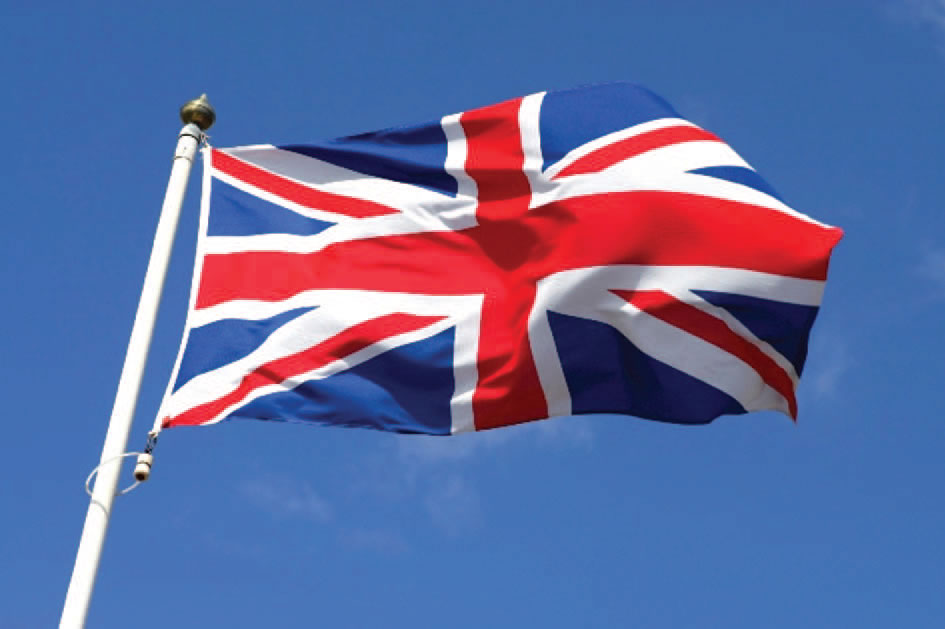
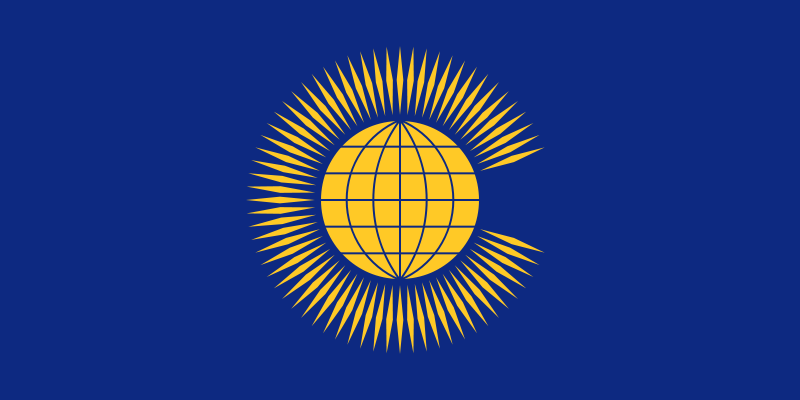
 RSS Feed
RSS Feed

